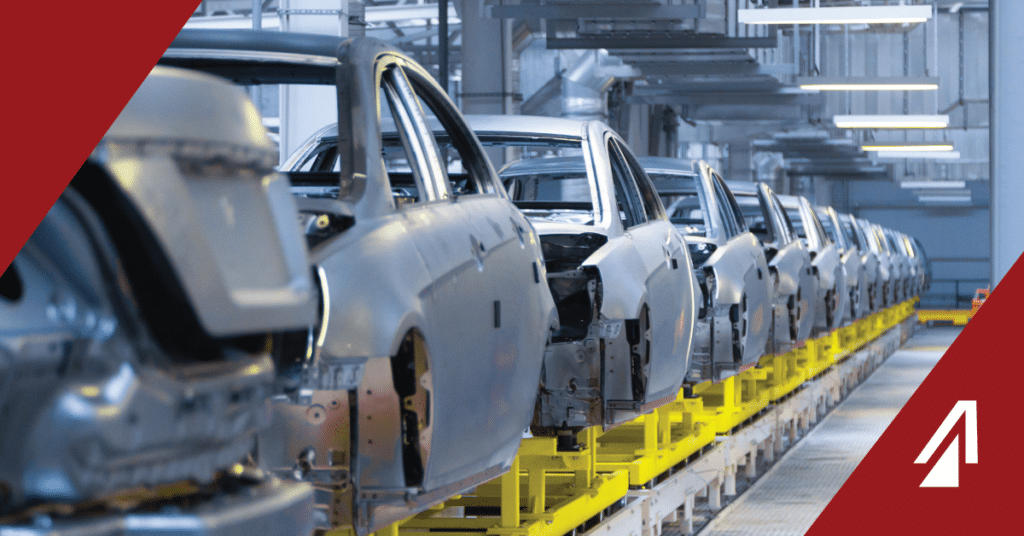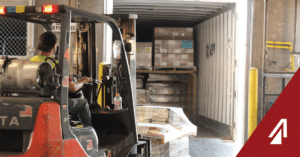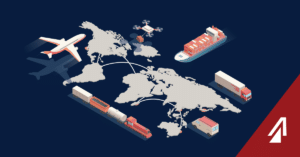As we step into 2024, there’s a clear indication of a significant uptick in cross-border freight, particularly within the automotive sector between the United States and Mexico. This surge isn’t just a passing trend; it’s a result of strategic shifts in supply chain dynamics, driven by nearshoring strategies and favorable trade agreements. Let’s delve into how the automotive industry is positioned to spearhead this growth based on recent developments and expert insights.
Nearshoring Strategies Gain Momentum
A key driver behind the surge in cross-border freight is the increasing adoption of nearshoring strategies by businesses, especially in light of ongoing supply chain disruptions. With nearly 40% of U.S. shippers either embracing nearshoring or contemplating it, Mexico emerges as a prime destination. Its strategic proximity to American markets, along with strong trade agreements like the USMCA, positions Mexico as an attractive manufacturing hub.
Automotive Sector Leads the Way
In the realm of cross-border freight, automotive parts and finished vehicles are expected to witness significant growth in 2024. This surge is fueled by substantial investments from automakers and parts suppliers, indicating a shift in manufacturing dynamics. Recent groundbreaking ceremonies, such as Shanghai Unison Aluminium’s plant in Mexico, exemplify the industry’s confidence in the region’s manufacturing capabilities. With a focus on producing aluminum auto parts for electric vehicles, this investment not only signifies a strategic partnership but also heralds job creation.
Infrastructure Investments and Technological Advancements
The momentum in cross-border freight is further amplified by strategic infrastructure investments and technological advancements. Initiatives like the $70 million grant awarded to Texas for constructing hydrogen fueling stations exemplify a commitment to sustainable logistics solutions. Additionally, expansions in logistics centers like the TexAmericas industrial park underscore efforts to enhance rail infrastructure and capitalize on strategic trade zones.
Moreover, as the automotive landscape evolves, innovations in electric vehicles (EVs) and alternative fuels are set to reshape consumer preferences and market dynamics. With the advent of more affordable EVs and favorable tax incentives, the automotive industry is on the brink of a transformative era characterized by heightened sustainability and technological sophistication.
The automotive sector is a beacon of growth and resilience amid the evolving landscape of cross-border freight. With nearshoring strategies gaining traction and investments pouring into manufacturing hubs like Mexico, the stage is set for a transformative year marked by innovation, collaboration, and sustainable growth. As stakeholders navigate the complexities of global supply chains, the automotive industry is primed to lead the charge toward a more interconnected and prosperous future.
Are you interested in partnering with a company that stays ahead of the curve? Reach out today to find out more.
About ProTrans International
ProTrans specializes in reliable Inbound to Manufacturing integrated with end-to-end, cross-border solutions to, from, and within North America. Backed by innovative, best-in-class service, we focus on engineering high-quality, lower-cost solutions enabled by our global team of experts, in-house Transportation Management System (TMS), and providing visibility of all shipments. Our solutions include Cross Border Consolidation, Supply Chain Management, Third-Party Logistics (3PL), Dedicated Transportation, Global Forwarding, Expedites, and Value-Added Services (Warehousing, Customs Brokerage).



